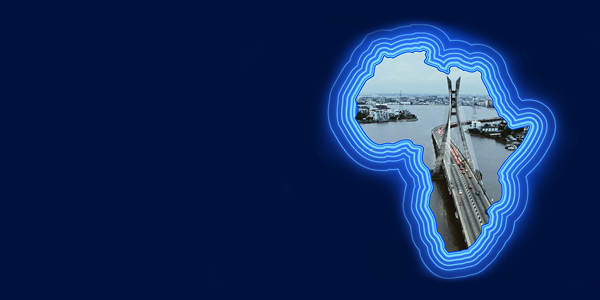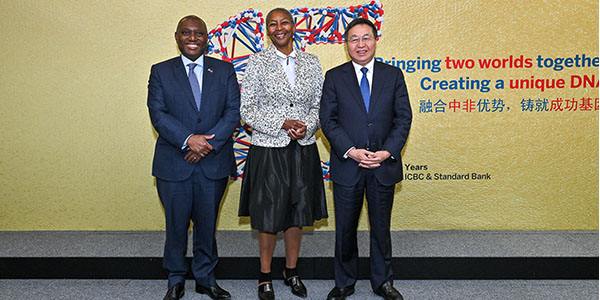
Anchored in purpose to meet human needs
Communities must become self-reliant
By Norman Philander, Kalahari Desert Trading (KDT)
I’ll be blunt – the COVID-19 pandemic has put a lot of strain on my life and finances. I run Kalahari Desert Trading (KDT), a small business operation that’s been active for less than two years. We’re situated in Rietfontein, a place I like to say is ‘snuggled’ between Namibia and Botswana. KDT sells fresh fruit and vegetables, most of which is sourced 250 kilometres away in Upington, while some is planted directly on-site in the Kalahari.
Before the lockdown started in March, KDT was actually thinking of expanding. We had goals of buying aquaponic systems for tomatoes, peppers, cucumbers, lettuce – and other produce – to try and get the various guesthouses and lodges on our customer list. It seemed like a good business strategy. Organic, aquaponic-grown produce that could take your guest lodge’s cuisine to the next level. But we had to stop with those plans, because rather than expand, we had to start the fight for survival.
Lodges and guesthouses were closed for months, meaning that this strategy wasn’t on the table any longer. Then people started losing their jobs and income. Suddenly we noticed that even our regular customers were struggling to pay. It had such a negative impact on the business, even though fruit and vegetables are essential. Many people who had their salaries cut, or worse, lost their jobs, were starting to depend on government food parcels, and were directing their last few cents to other needs.
I realised that one of our major costs was my salary. So as the founder, I had to try and compensate for those who couldn’t afford to pay for veggies. I cut my wages. Those first few months were a tough time, a big strain.
It was on 1 June that we finally got some good news. A tender from the Department of Education to supply food for around 1,500 children, five days a week for a full year. The only problem – KDT was on the verge of bankruptcy. I knew I had to make a plan. I forwarded the contract from the education department and all of our other documentation to my business banker at Standard Bank in Upington. I was prepared for the worst, but just a few days later my loan was approved along with a six-month payment holiday. I was overjoyed. It was just in time for me to prepare for my first delivery to the school feeding scheme. And we’re still going strong on that tender today.
The pandemic made me realise that a considerable number of KDT’s customers are actually high-risk individuals in the context of COVID-19 – older people, parents and other people who need deliveries of fresh fruit and vegetables to their doorstep. We knew we had to take better precautions in making sure that we protected ourselves and our customers. We’ve learnt to save, to partner with other local businesses and to make every cent count. Right now, the business is in a much better space than it was seven months ago.
My biggest lesson from COVID-19? It’s that communities must become self-reliant when it comes to food production, essential items and even electricity. It must be done locally.
The Kalahari has so much to offer, and KDT is only starting to scratch the surface of what could become an economic hub. It’s a lucrative, perfect location for these kinds of projects if managed correctly.


